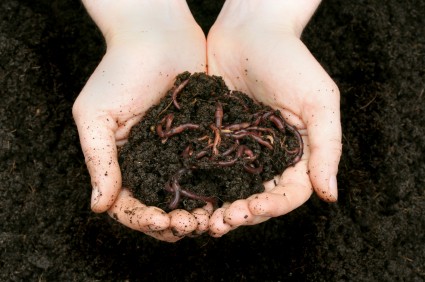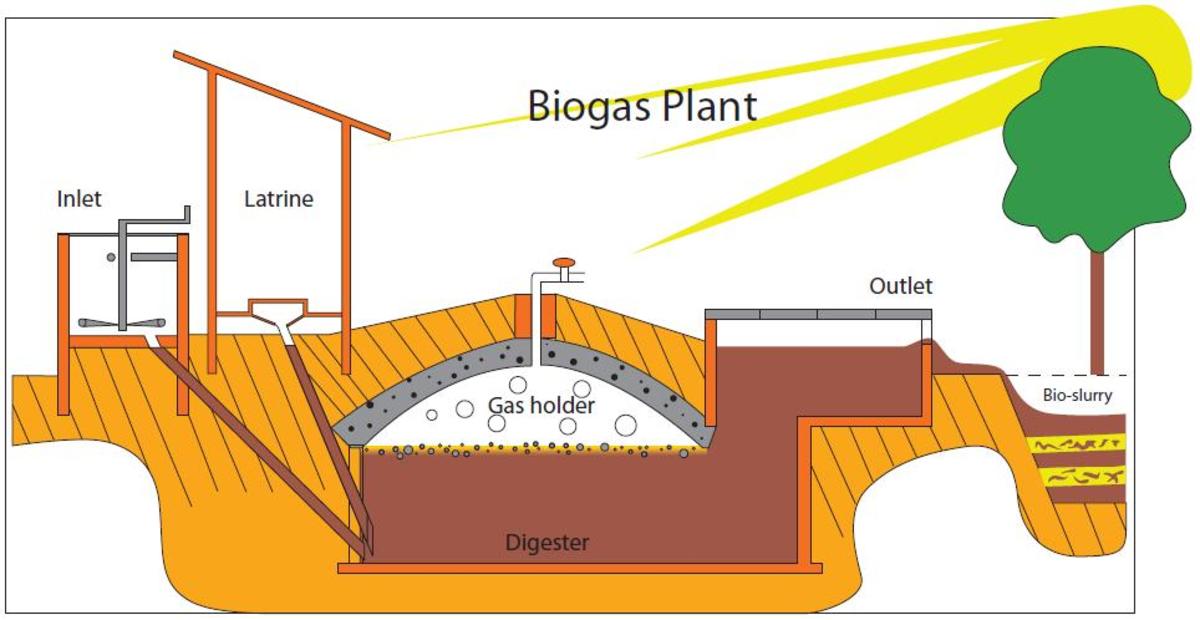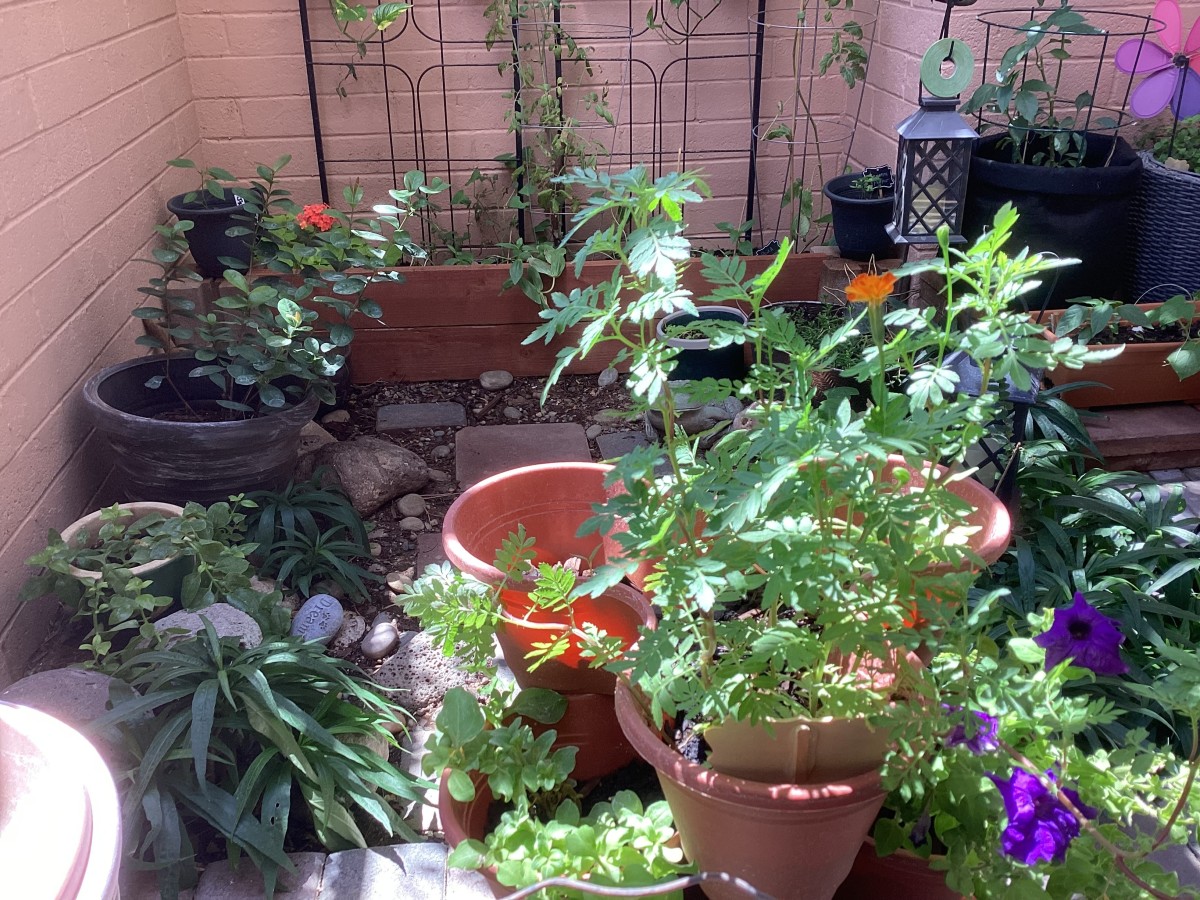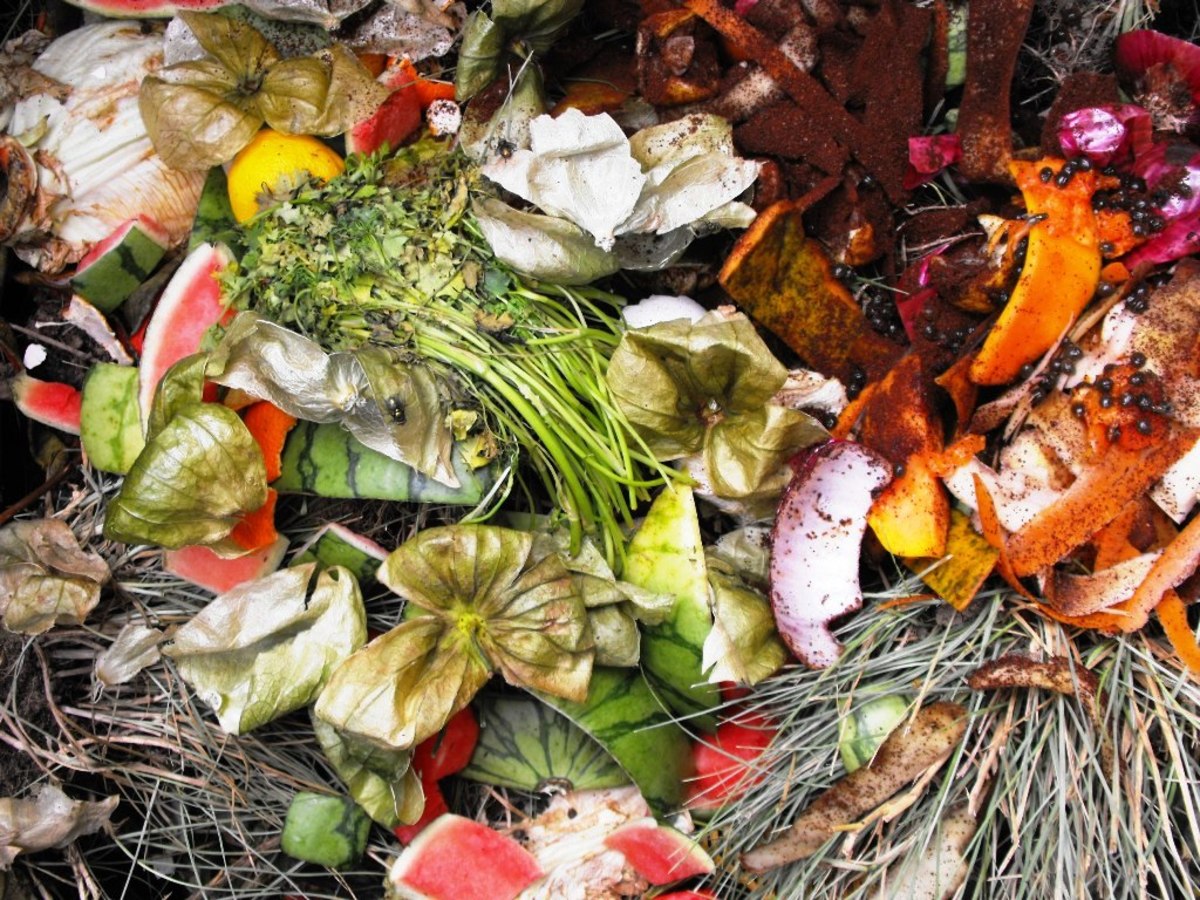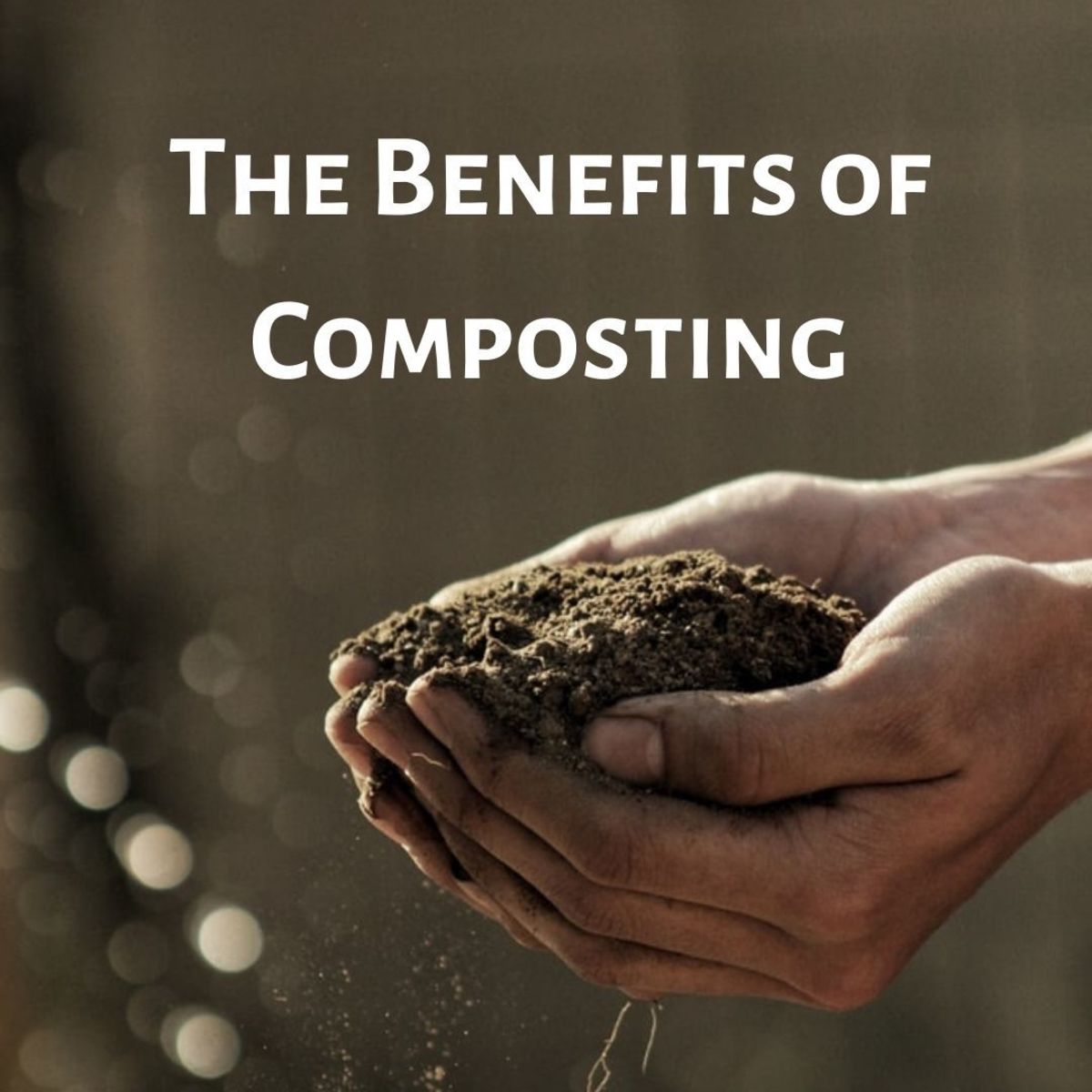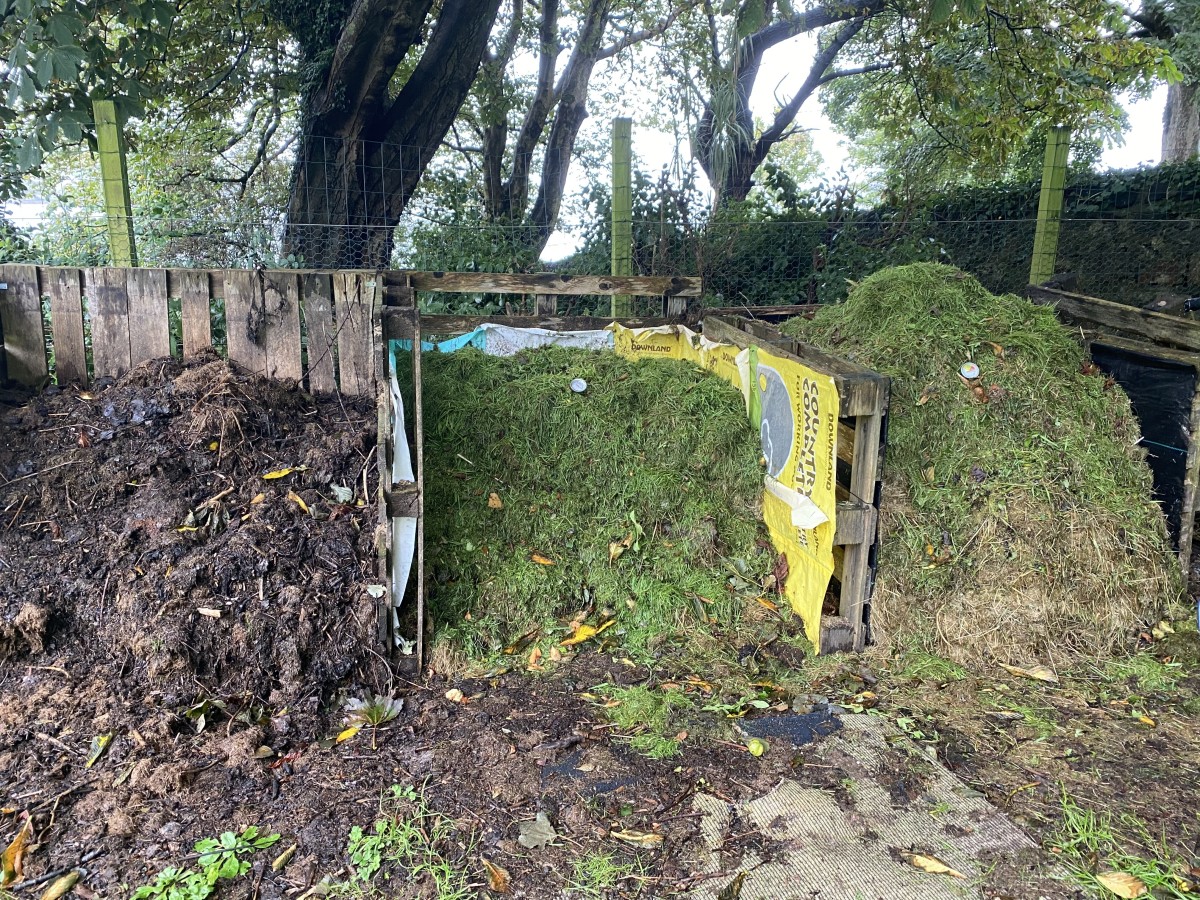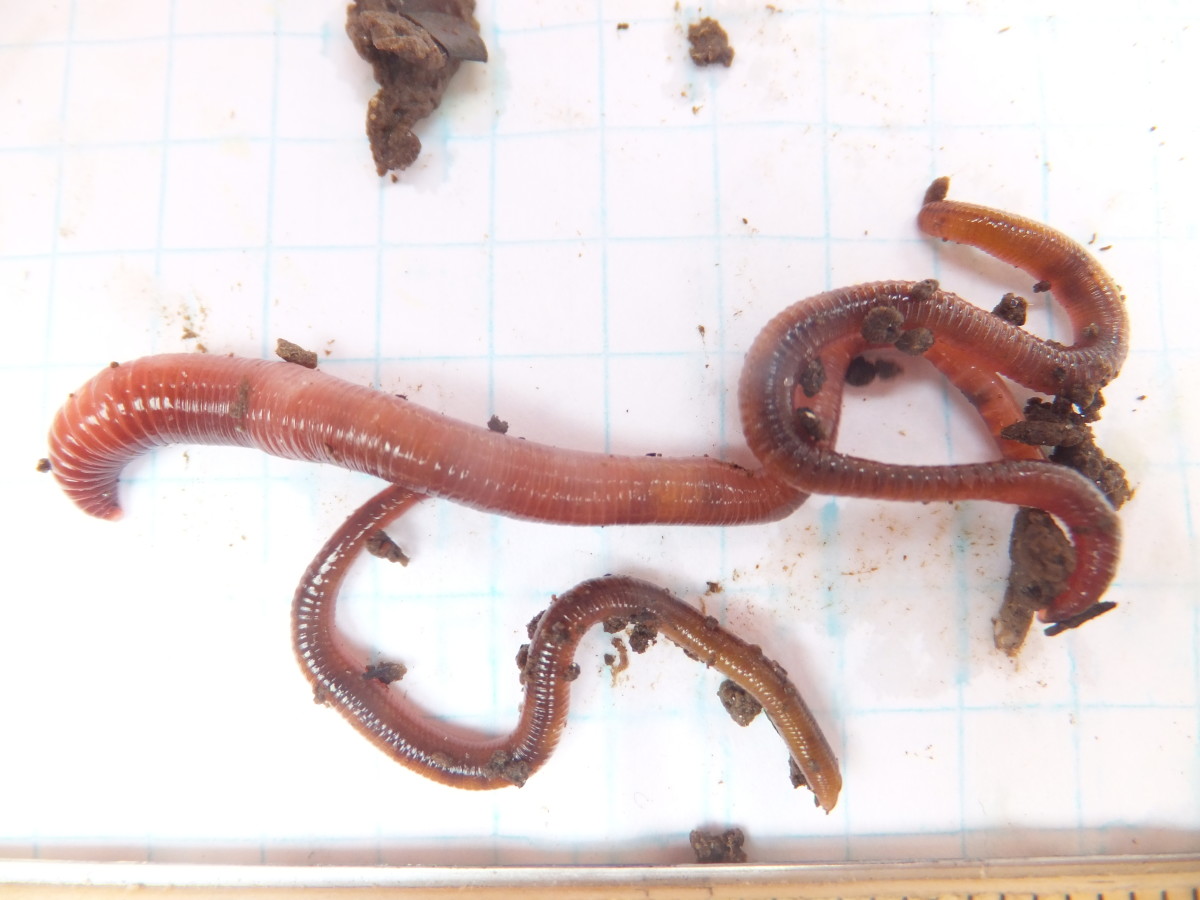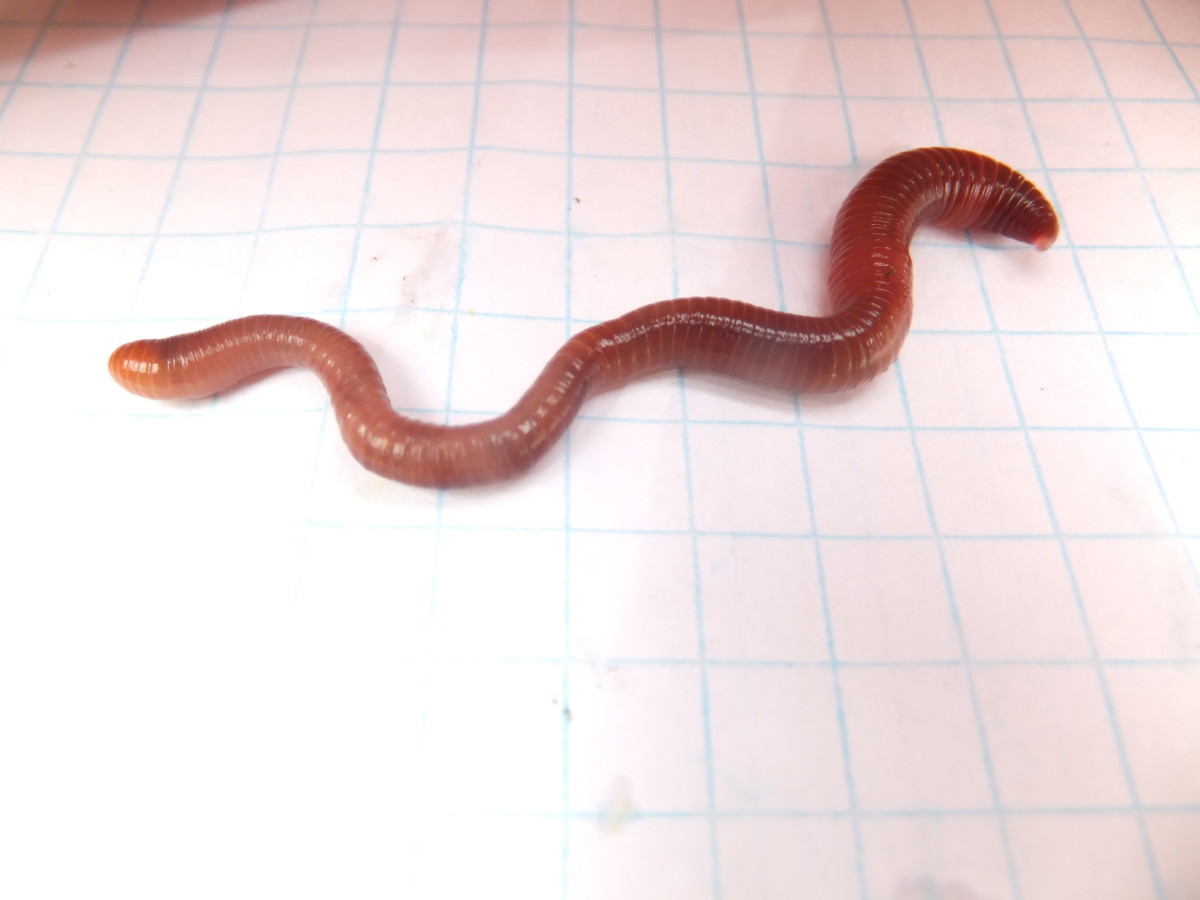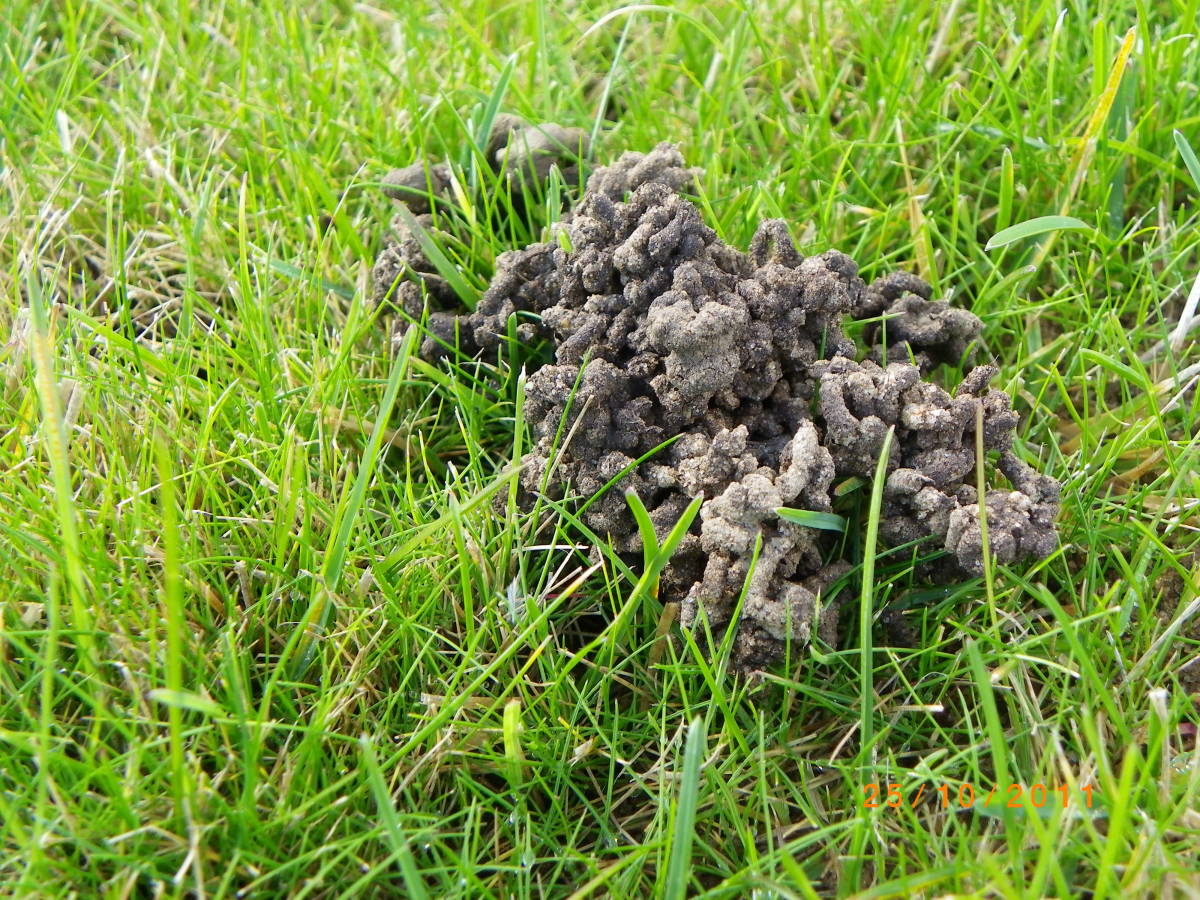- HubPages»
- Home and Garden»
- Gardening»
- Fertilizers & Compost
Composting - How to Get Started
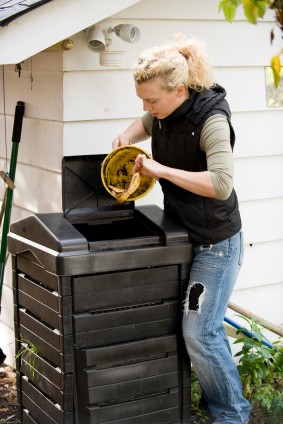
Why Gardening and Composting are made for Each Other
Compost and Your Garden
Gardening and Composting make a great couple, composting has many advantages and hardly any disadvantages that it is in fact the sensible way of gardening.
Your win is even more then nutrient enriched garden, compost or humus has a great effect on the structure of the soil and the bio-organisms that call it home. Moreover, all this is done by natural means, with as little intervention from you as possible.
A compost rich soil will :
- solve or prevent many problems with the root systems of your plants and
- will be beneficial to the overall drainage of your garden.
- you will cut down on your own household waste and
- protect the environment around you from potentially, harmful chemical based fertilizers.
- composting will save you some money!
The Basics behind Compost
Composting is in fact a very simple process nature invented long before we even thought about fertilizers and other chemicals, what we call composting today is in fact nothing more or less than using natures recycling system to our advantage. It's working with instead of working against nature. So how to get started?
Humes the Reward
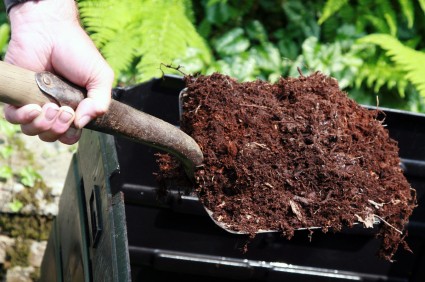
In its basic form, you just to take your organic waste and spread it around your garden. More often then not this is an unwanted situation. You will attract a bit too basic a lot of unwanted visitors and your garden can produce a nasty odor.
This is completely avoidable, so if you
want to start your humus producing composting process you will need
some preparation. These following three steps should help you get
started.
Get yourself educated and get acquainted with the most popular ways of composting.
Make
sure you compost various waste products, the microorganisms doing the
job in your compost heap need different materials to feed on. You will
hear a lot about C:N ratio's but don't worry about them too much for
now.
Remember, not only grass clippings but also fiber rich materials
like woody waste, like pruning clippings to the heap. Often overlooked
but a simple and effective way to improve the compost process is to add
waste paper. And one thing every normal compost heap needs is air. A
lot of air, because composting is an aerobic process. Composting can be
done without oxygen, anaerobic composting but this has some downsides
and complicates the process. Worms are the key here, the worms are
eating their way through your heap or bin win ensure that enough air
can enter the composter.
To recap,
- make sure you create a divers
heap,
- add waste paper and
- make sure there is enough air available.
In theory, anything that ever was alive can be composted, but leave out meat, fish, dairy products or cat and dog litter. These products attract rats so leave them out.
Worms are a key factor; they help you keep the compost process aerobic.
To start the composting process and even to maintain it consider using compost activators.
Instead
of an open heap, you can use a compost bin. Using a good compost bin or
composter makes the process faster and produces better quality humus.
The temperatures in a composter will rise to a level that makes it
uncomfortable for seeds to survive, and an open heap gives the rain a
change to wash our wanted nutrients away.
Compost Bins
You
should therefore get some type of container for your composting needs.
These containers typically end up partially buried in your land. They
will then have a lid so that biodegradable organic waste can be added
to the heap, and then sealed up to keep things cleaner. Bins can be
inexpensive but they can also cost a lot of money. Do your research
carefully to make sure you choose the right one for your own needs.
Composting
will not happen if you don't get your organic waste out to your garden.
You don't want to take a dozen trips out there a day though, and so you
will need a separate container in your kitchen to throw away the
remains of things like fruits and vegetables. Make sure the system you
create is simple enough that you won't get discouraged by the extra
work and clean enough so that you won't end up attracting insects into
your home.
Composting is a fascinating and rewarding way to keep
your garden healthy and have it produce most anything you like without
taking its toll on the environment.
Worms are the Key to Composting
